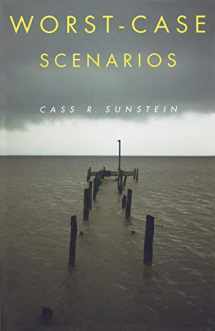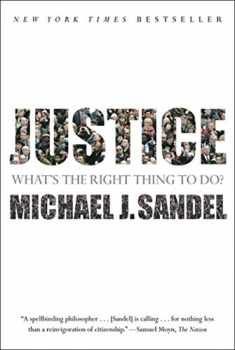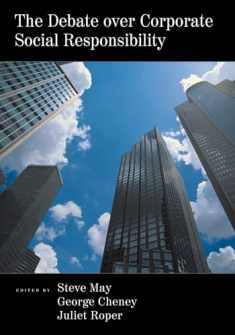
Worst-Case Scenarios
Book details
Summary
Description
Nuclear bombs in suitcases, anthrax bacilli in ventilators, tsunamis and meteors, avian flu, scorchingly hot temperatures: nightmares that were once the plot of Hollywood movies are now frighteningly real possibilities. How can we steer a path between willful inaction and reckless overreaction?
Cass Sunstein explores these and other worst-case scenarios and how we might best prevent them in this vivid, illuminating, and highly original analysis. Singling out the problems of terrorism and climate change, Sunstein explores our susceptibility to two opposite and unhelpful reactions: panic and utter neglect. He shows how private individuals and public officials might best respond to low-probability risks of disaster―emphasizing the need to know what we will lose from precautions as well as from inaction. Finally, he offers an understanding of the uses and limits of cost–benefit analysis, especially when current generations are imposing risks on future generations.
Throughout, Sunstein uses climate change as a defining case, because it dramatically illustrates the underlying principles. But he also discusses terrorism, depletion of the ozone layer, genetic modification of food, hurricanes, and worst-case scenarios faced in our ordinary lives. Sunstein concludes that if we can avoid the twin dangers of overreaction and apathy, we will be able to ameliorate if not avoid future catastrophes, retaining our sanity as well as scarce resources that can be devoted to more constructive ends.


We would LOVE it if you could help us and other readers by reviewing the book
Book review





